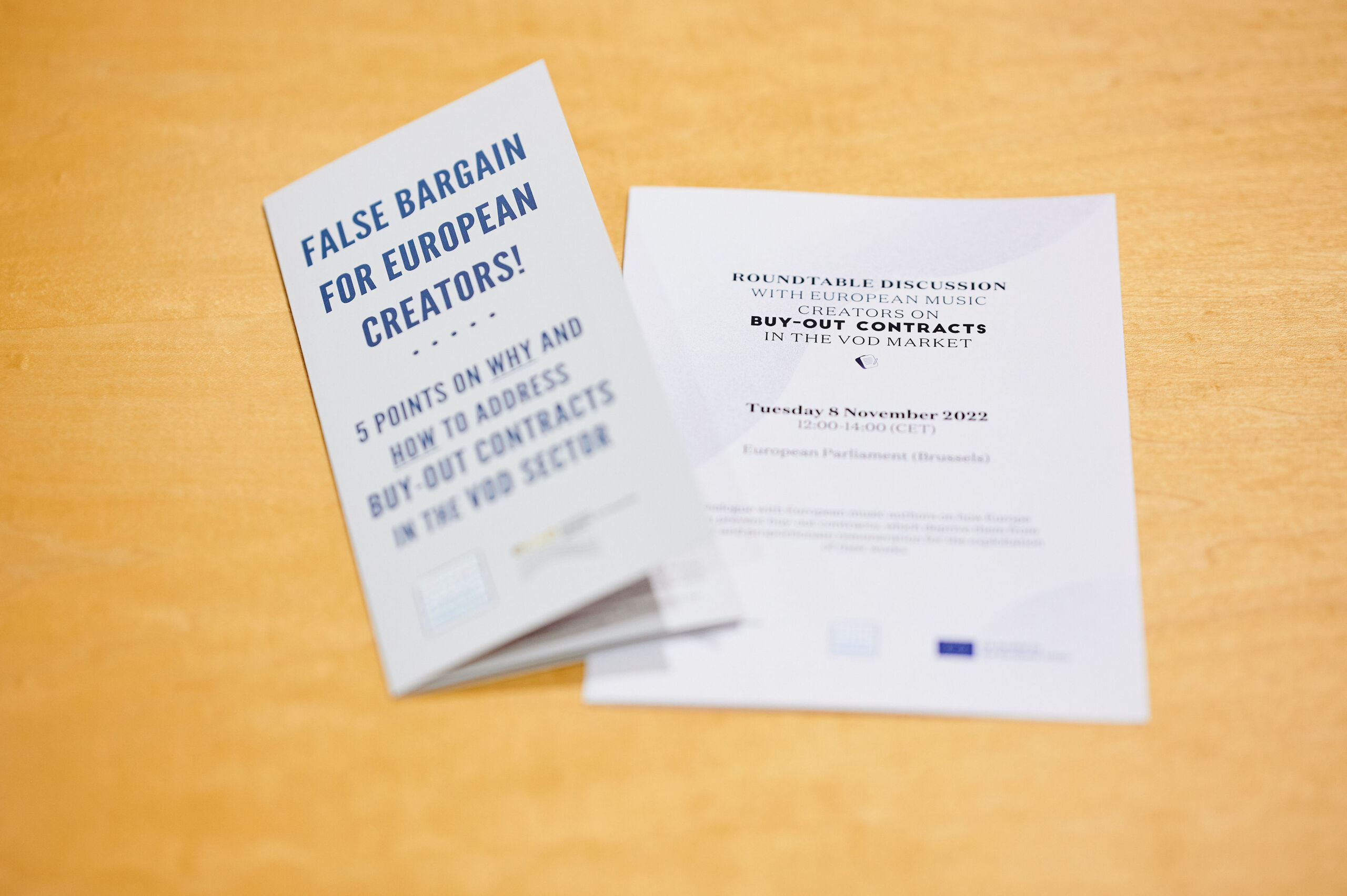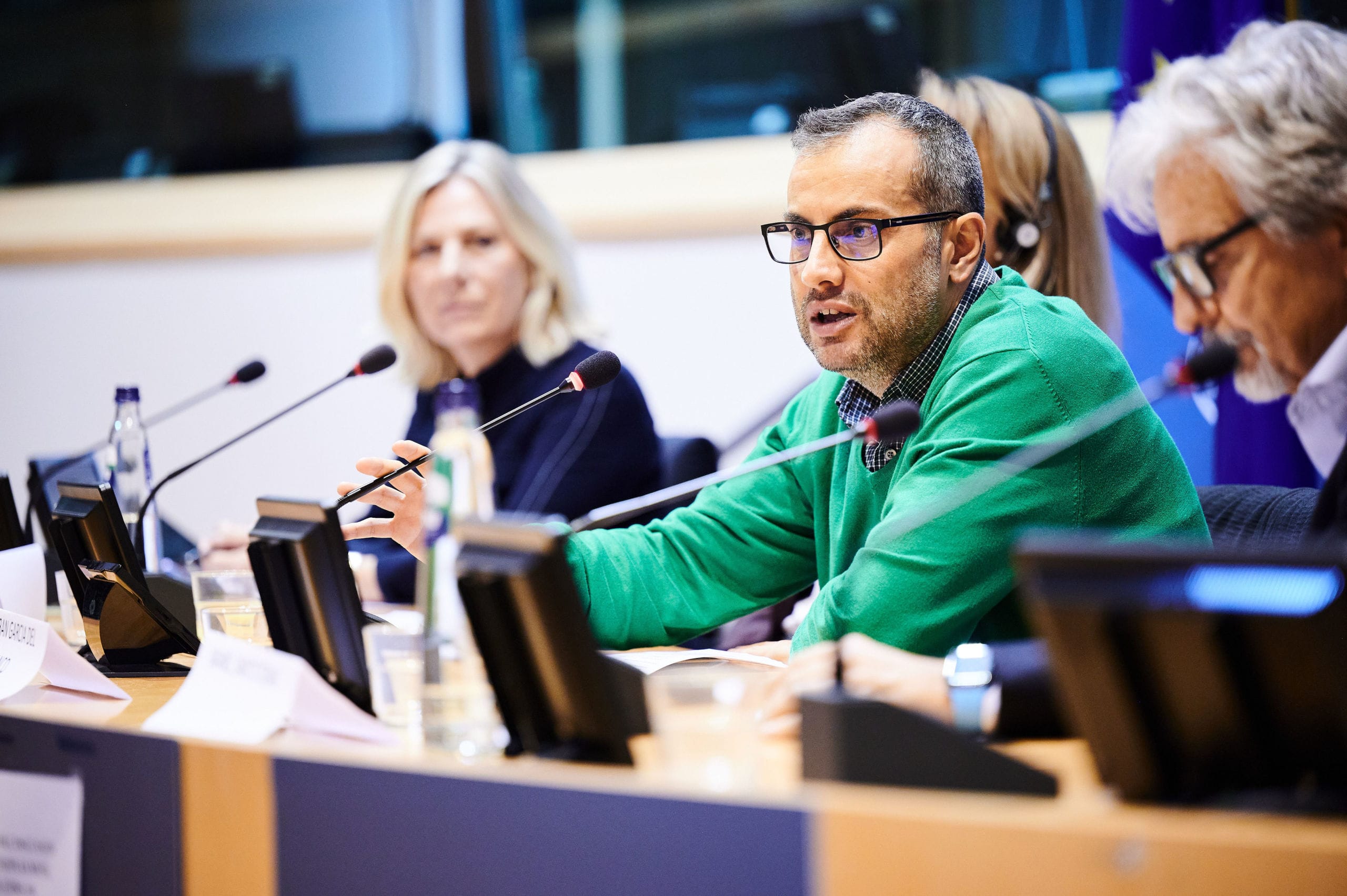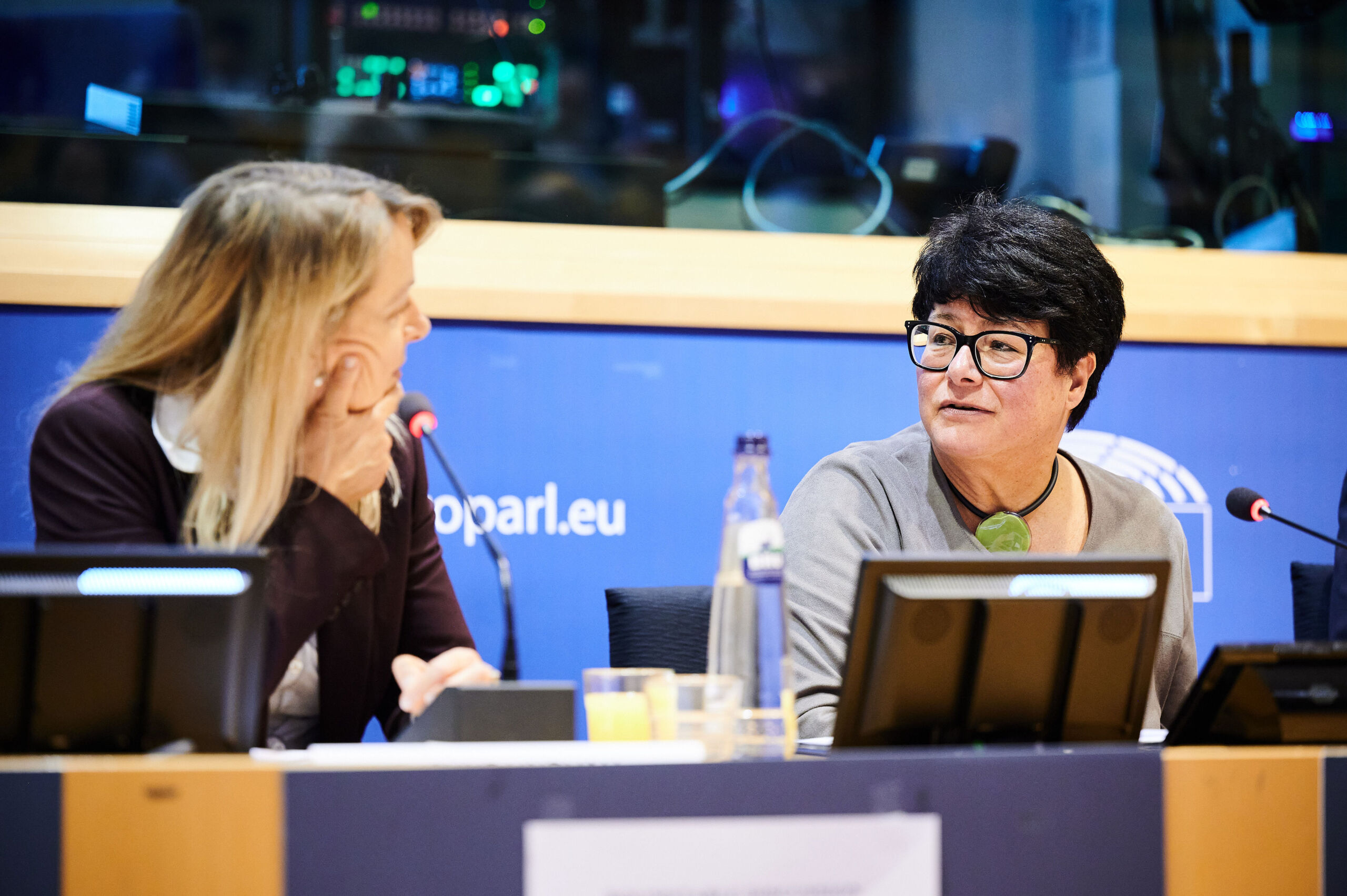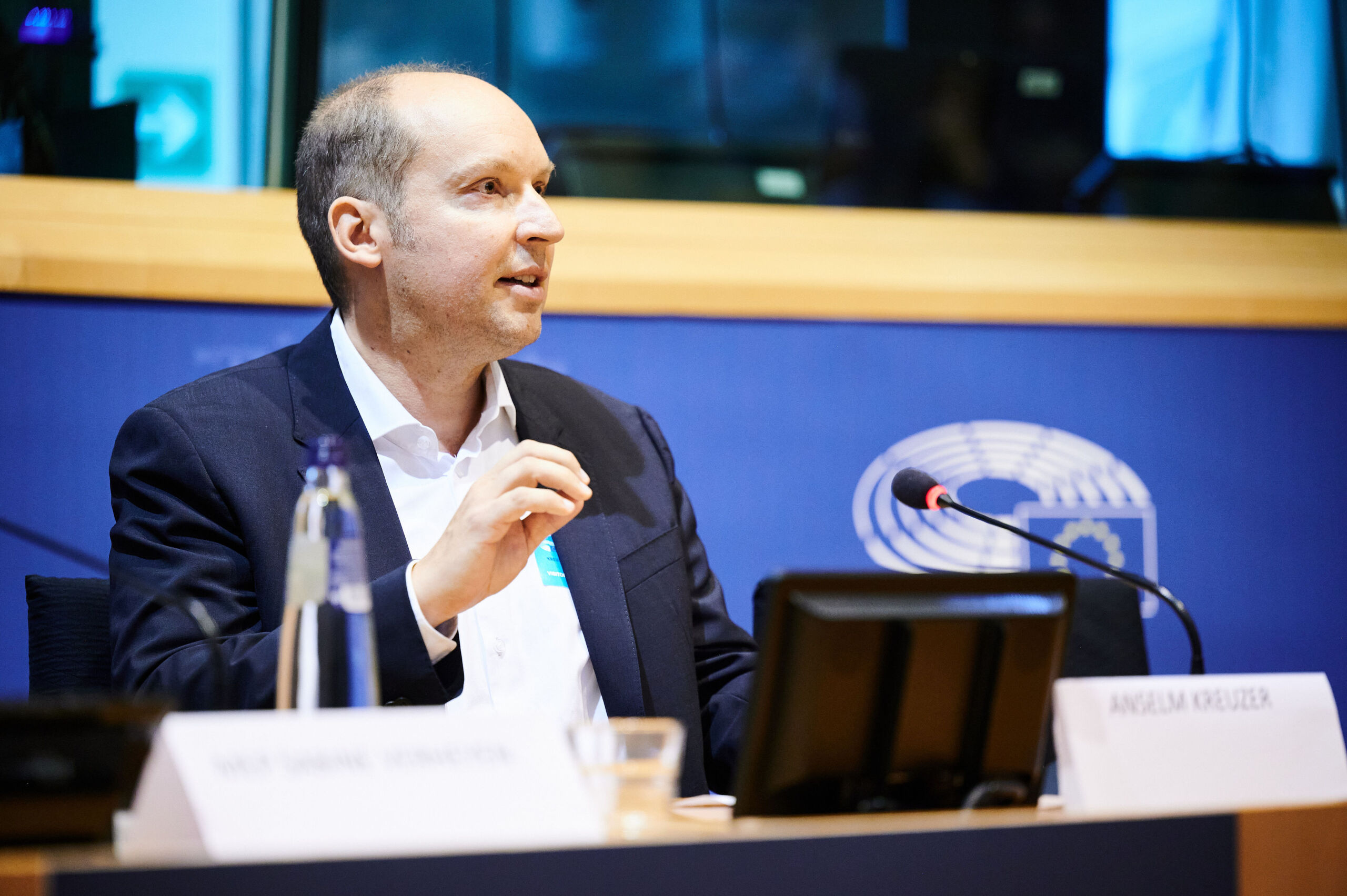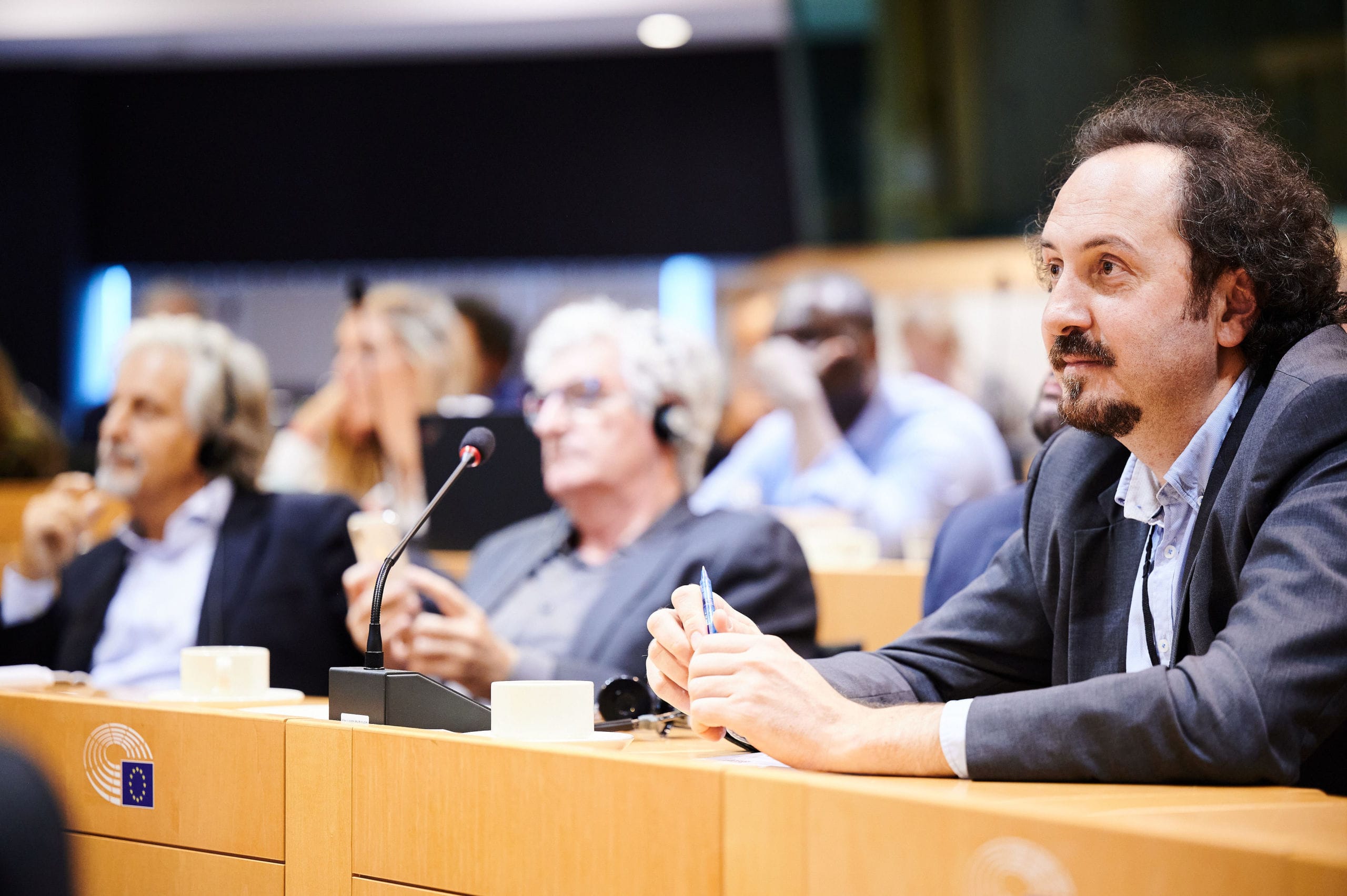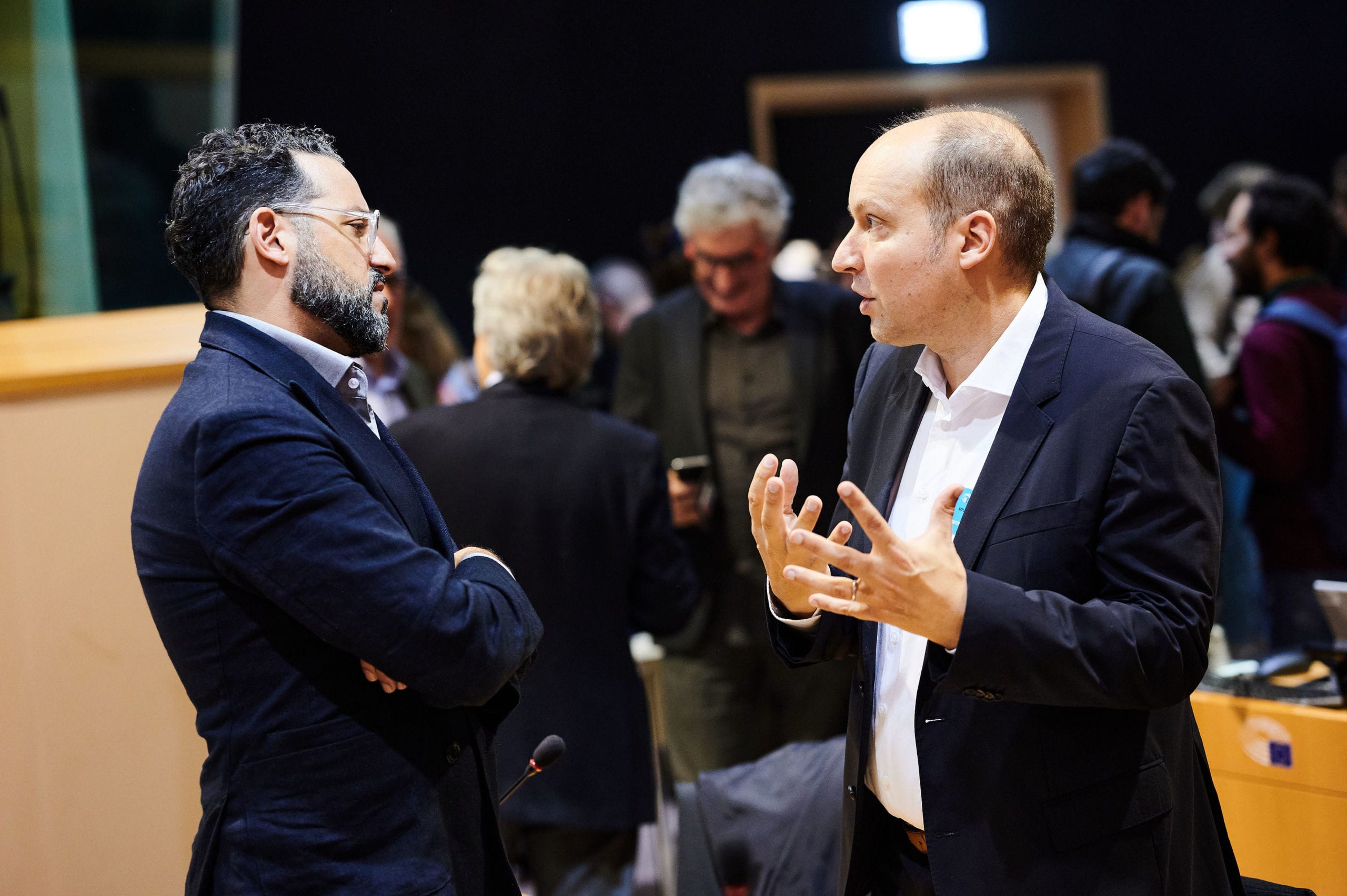What exactly are WMH/buy-out contracts?
In the US, WMH refers to the mechanism under which the producer – rather than the creator – is the initial owner of the copyright in the work in exchange for a one-time fee. A total buy-out fee covers all services performed by the creator, as well as the future exploitations of the work.
Creators of works for films or series may be forced into accepting an upfront payment in exchange for their rights as a condition to be in the project.
Put simply, if a creator wants to work then they can only do so by giving away their rights.
 They are
They are